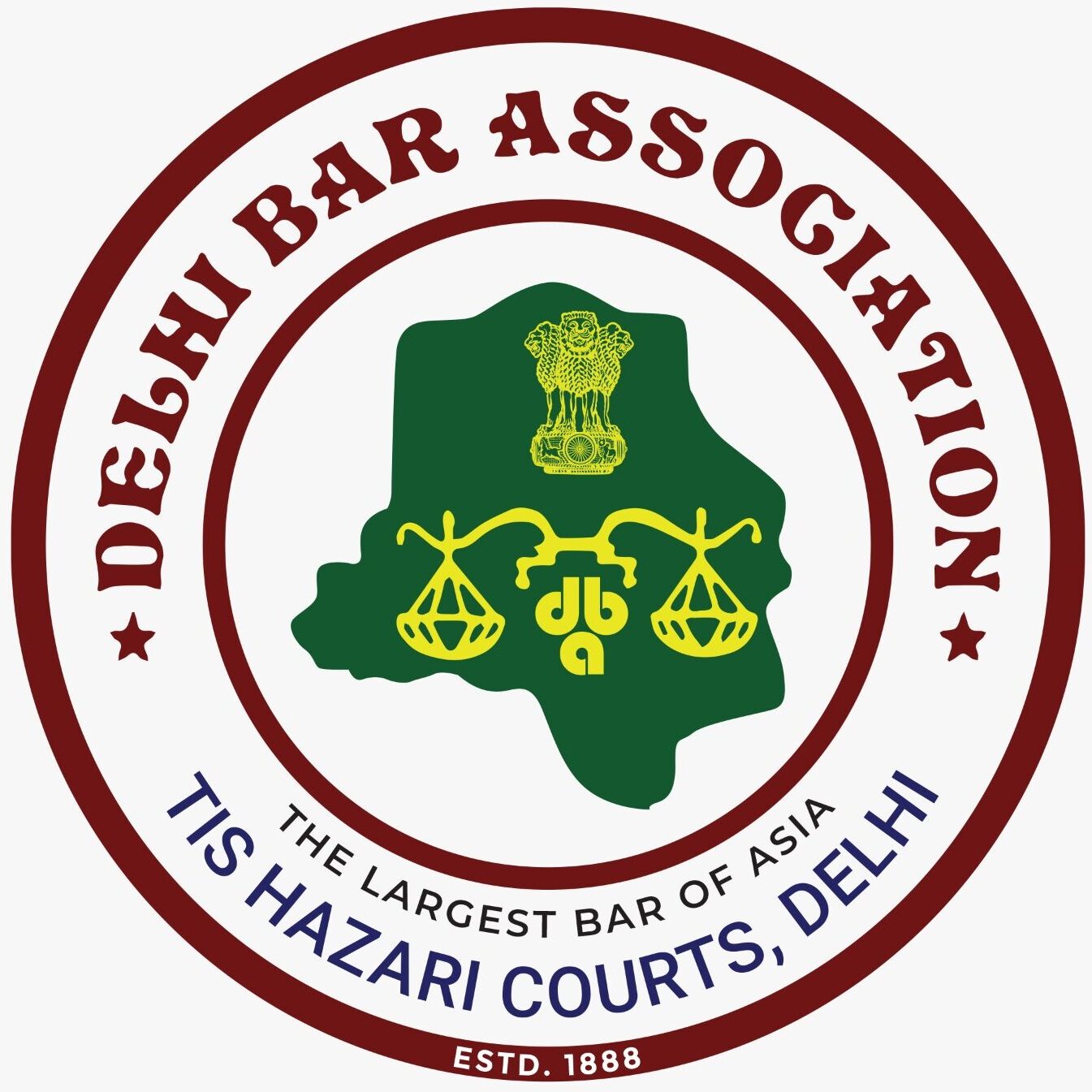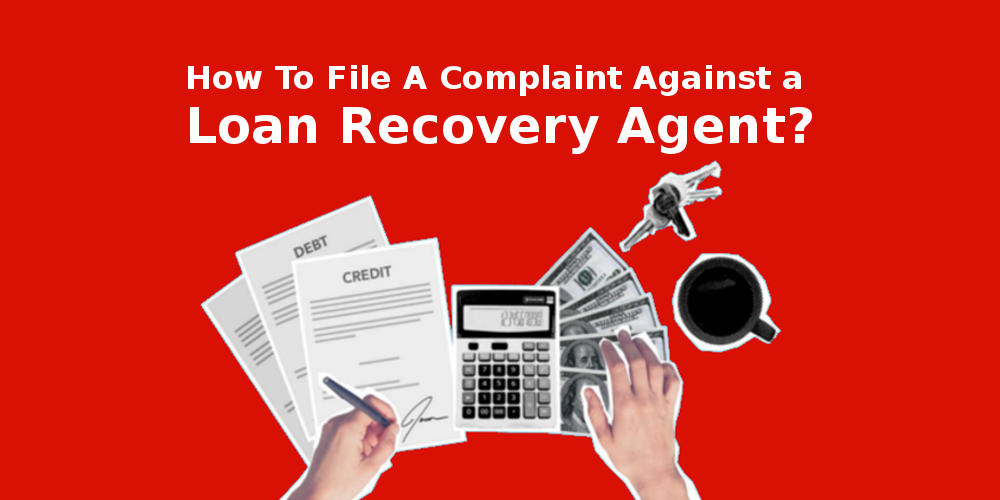Remedies By Law
The utilization of recovery agents or debt collectors by financial institutions to recover outstanding dues has become increasingly popular in India. Despite the fact that recovery agents are essential for the debt recovery process, there have been cases in which their methods have been excessively intrusive. Harassment by recovery agents can be a significant source of distress and worry for individuals. Fortunately, Indian law provides ways to protect consumers from such misconduct.
Recovery agency harassment is a term used to describe the unethical and illegal practices employed by debt collection agencies when trying to recover unpaid debts. These practices may include making frequent, intimidating phone calls, using offensive language, harassing family members or coworkers, falsely claiming pending legal action or arrest, or visiting the debtor’s home or workplace without permission. Such behavior is totally unacceptable and should not be tolerated.
The Reserve Bank of India (RBI) issued guidelines in 2007 to regulate the activities of recovery agents, which were later updated in 2017. These guidelines detail the code of conduct that recovery agents must adhere to while dealing with customers. The RBI guidelines emphasize the importance of providing fair treatment, professionalism, and respect for customer rights during the debt collection process.
Recovery agents must adhere to the regulations of the Reserve Bank of India and refrain from infringing upon your privacy. They are not permitted to discuss the loan with your colleagues, friends, or family members. Should this occur, you are entitled to take legal action against the recovery agent. It is also essential that the recovery agent present proper identification upon visiting you to collect the payment.
Here’s how you can Ensure Your Privacy and Rights During Loan Recovery
- Privacy Protection: Your privacy is paramount, and recovery agents are strictly prohibited from invading your personal space, as stipulated by RBI regulations. In simpler terms, these third parties are not allowed to discuss your loan matters with your colleagues, friends, or family members. Should a recovery agent breach this privacy boundary, remember that you have the right to take legal action against them.
- Verification of Agent Identity: When a recovery agent arrives to collect payments, it is imperative that you confirm their identity. Each agent representing the bank is issued an official identification card, and they should willingly present it to you upon request. If they refuse to do so, don’t hesitate to contact either the bank or the police immediately.
- Respectful Communication: Recovery specialists are bound by certain rules, one of which is refraining from using offensive language. Even though their objective is to recover overdue payments, they are obliged to treat every client with respect and professionalism.
- Timely Contact Hours: According to RBI regulations, recovery representatives may only contact you between the hours of 7 am and 7 pm. Outside of this timeframe, they are not authorized to reach out to you. If you have a shift-based work schedule, you can request a more suitable time for contact. However, it’s important to note that they cannot force you to engage in communication during inconvenient hours.
Protecting your privacy, verifying agent identities, maintaining respectful communication, and knowing your rights regarding contact hours are essential aspects of ensuring a fair and lawful loan recovery process.
When it comes to loan recovery, the Reserve Bank of India (RBI) has left no room for ambiguity in its guidelines. These regulations explicitly forbid recovery agents from engaging in any practices that could be perceived as harassment or intimidation. Let’s dive into what these prohibited practices entail:
1. Threats and Intimidation: Recovery agents are strictly prohibited from resorting to threats, physical force, or any form of intimidation against borrowers or their family members. Additionally, using abusive language or engaging in behavior that might inflict mental trauma is entirely off-limits.
2. Public Shaming: Under no circumstances are recovery agents allowed to disclose the identities of borrowers who are in default or broadcast their debts through any medium, including social media or public notice boards.
3. Invasion of Privacy: Borrower privacy is to be respected at all times. Agents cannot contact borrowers at inconvenient hours, disclose debt details to third parties, or subject borrowers to repeated and excessive calls.
4. Misrepresentation: Recovery agents are forbidden from misrepresenting themselves or providing false information about the consequences of non-payment.
Now, let’s explore the legal remedies available to borrowers who find themselves subjected to harassment by recovery agents:
– Making a Formal Complaint: If you experience harassment, you can make a formal complaint at your local police station. Ensure you target both the bank and the recovery office in your complaint. In case the police fail to act, you can escalate the matter to the magistrate.
– Seeking Injunction Relief: Pursuing a civil injunction action in the civil court against the bank and recovery organization can prevent bank representatives and debt collectors from visiting your home for debt collection.
– Filing a Complaint with RBI: The Reserve Bank of India provides a platform for borrowers to lodge complaints concerning recovery agents’ conduct. It’s an avenue to voice your concerns and seek resolution.
– Defamation Claim: If the debt recovery is based on false information that negatively impacts your CIBIL score, you can initiate a defamation suit against the bank and recovery organization.
– Trespass Objection: If recovery agents unlawfully enter your house without your permission, you have the right to file a trespass complaint against them for violating your rights.
– Extortion Complaint: If money is forcibly recovered by the recovery agency, you can file an extortion complaint.
– Complaint with Your Bank: Most banks have a dedicated complaint department. You can escalate your concerns through this channel, but typically, you need to wait for 30 days before taking further action.
– Grievance Redressal Systems: RBI mandates banks to establish grievance redressal systems to handle consumer complaints. If your issue isn’t satisfactorily resolved by the bank, you can take it to the banking ombudsman or consumer courts.
– The Banking Ombudsman: If the bank fails to resolve your complaint within the stipulated timeframe, you can approach the banking ombudsman. They act as a high authority appointed by RBI to address customer complaints and can make legally binding decisions.
– Consumer Protection Laws: Under the Consumer Protection Act of 2019, borrowers can seek redress through consumer courts at the district, state, and federal levels. These courts can punish and compensate victims of recovery agent harassment.
– Criminal Charges: In cases involving severe harassment with illegal elements, borrowers can report the recovery agency to the police under relevant Indian Penal Code provisions, such as criminal intimidation, defamation, or harassment.
In Conclusion:
Harassment by recovery agents is a violation of consumer rights and a serious concern. The RBI guidelines, coupled with the legal remedies available under Indian law, offer a robust framework for safeguarding borrowers from such harassment. It’s imperative for borrowers to be aware of their rights, report errant recovery agents, and seek appropriate legal remedies. By upholding stringent regulations and promoting fair debt collection practices, we can establish a more equitable and respectful process for borrowers in India. If you’re facing such issues, it’s advisable to consult experienced banking lawyers in your jurisdiction for guidance. Your rights matter, and they deserve protection.

